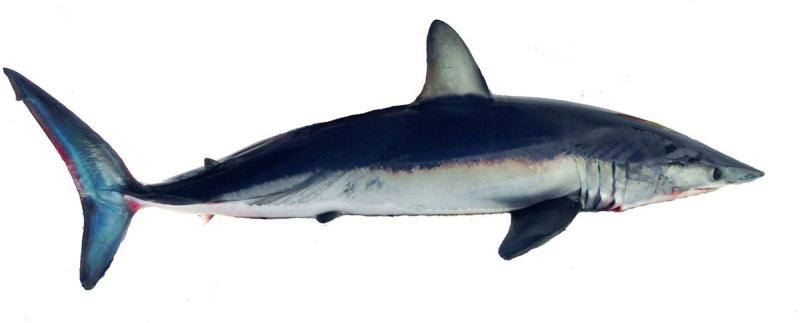Sharks may hold answers for doctors looking to take some of the bite out of osteoporosis and other degenerative human bone diseases.
NOAA Fisheries’ Apex Predators Program provided spinal column samples from shortfin mako, common thresher, dusky, and blue sharks to a scientist at Northwestern University working with the Department of Energy.
Shark spines are made of cartilage, not bone like most animals have. Professor Stuart Stock’s research seeks to answer questions about how shark cartilage forms and functions. Stock’s findings could ultimately lead to better methods for treating human bone diseases.
Shark spines constantly flex when they swim, yet remain surprisingly resilient during the fish’s lifespan. Human bones can’t endure the same kind of bending—they become more fragile with age. It just may be that these sharks will help scientists develop better medical treatments to help our bones be more resilient, too.
Argonne National Laboratory details how this research unfolded.

